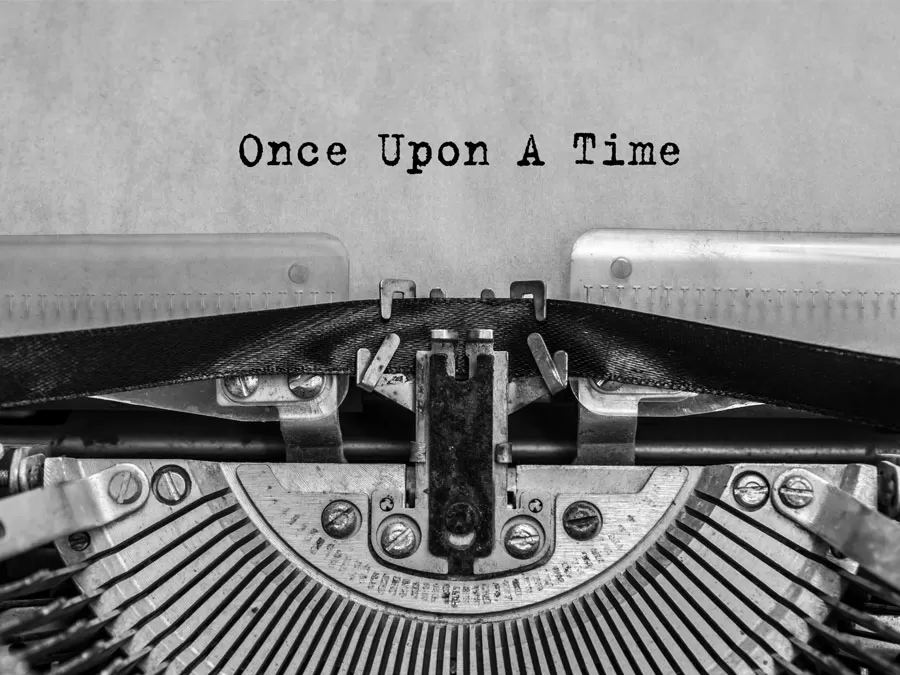B2C companies have already figured out a way to get their target customers on board with the whole buying journey.
Most of them, in their TV advertisements, online content, influencer campaigns, and other forms of marketing outreach, combine facts with emotion to sell their products and services. They typically start with creating hype around the product and showing customers why they’re the go-to brand.
Will this work in B2B marketing?
It would seem that B2B marketers are warier of the messages they send to their target audience. After all, their clients are also entrepreneurs and leaders, who are exceedingly familiar with different marketing strategies and tactics. Confronted by clients’ discerning gaze, the B2B marketer is careful not to use techniques that may be deemed manipulative or, even worse, untruthful.
Because clients are seen as more rational than emotional, the B2B marketer’s tendency is to default to fact-driven marketing. But what if this strategy is doing more harm than good?
We’re still marketing to humans, aren’t we?
Perhaps we’d all agree that no human is purely rational or emotional. There’s no such thing as an emotion-logic dichotomy.
The beauty of the human brain (which, in the view of marketers, makes everything more complicated) is that it allows us to make decisions using a combination of what our intuitive and rational mind is telling us. Sure, we do have a left (the logical side) and a right (the intuitive side) brain, but they constantly communicate with one another.
According to Gerald Zaltman of Harvard Business School, 95% of purchase decisions take place unconsciously, but the conscious mind works to justify these decisions. Intuition allows consumers to simplify complex decisions, and purchases are no exception.
Now, if our minds work this way and emotional appeal seems to matter more than logic in achieving business goals, can B2B marketers totally abandon logic-based marketing strategies?
Logic for simple sales, emotion for bigger ones
Not surprisingly, the answer is no. And this is especially important in B2B marketing. Logic is an important component of decision-making for business professionals, and infusing this with appeals to the subconscious mind is an effective strategy.
-
Tell engaging stories
Stories are both captivating and informative, and that’s what makes them an effective marketing tool for B2B companies. There’s something refreshing about using real-life stories and experiences to illustrate or prove a point without the horror of information overload, which usually comes with highly objective business proposals. -
Support narratives with concrete proof
You’re right in thinking that the logical entrepreneur wants to know whether you can back up what you say with actions. This is where fact-based marketing comes in. You can use figures and graphical illustrations such as charts and tables or testimonials from other clients. -
Demonstrate consistency
Once you get the client’s approval, everything else is up to you. Marketing is a continuous process, and you shouldn’t stop just because you feel complacent. The key in building long-term partnerships with other businesses is consistent productivity and performance, so both of you can create your own story—one that will help you establish a legacy.
Now that you can make smart choices for your B2B marketing, elevate your strategy with outsourced business solutions from Open Access BPO. We have customer experience, content moderation and management, and back office solutions you can easily scale up or down depending on your business needs. Get in touch today to get started!





Thanks for sharing your thoughts on B2B marketing.
Regards